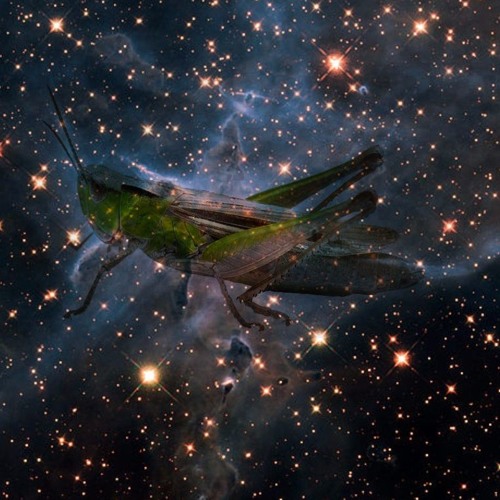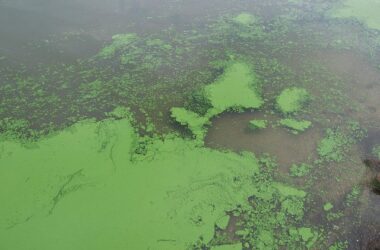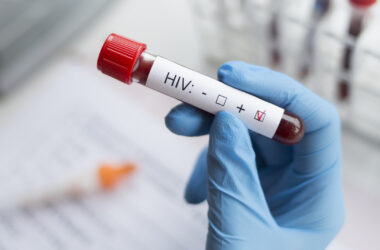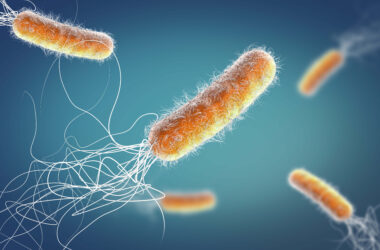Landing a human on Mars remains the holy grail of the exciting 21st-century space science arena, with agencies such as the Canadian Space Agency (CSA) and the National Aeronautics and Space Administration (NASA) investigating longer human-piloted space voyages.
During the McGill Bicentennial Space Week last May, Julie Payette, former astronaut, former Governor General of Canada, and McGill BEng ‘86, commented on the logistical challenges of the hypothetical six-month journey to Mars.
“The problem with humans is they need air and they need water and they need food,” Payette said. “There’s no depanneur or 7/11 out there.”
Nourishing humans on long space voyages remains a conundrum. Thankfully, the Cricket Rearing, Collection, and Transformation System (CRCTS) team, led by recent McGill Bioengineering graduates Alexander Becker and Cynthia Hitti, has been investigating a clever solution. They are studying the feasibility of growing, harvesting, and turning crickets into powder in outer space to use as a food source. Becker and Hitti are contestants in the Deep Space Food Challenge, a contest held in collaboration between NASA and the CSA.
The competition tasked contestants with the creation of novel food production technologies that need little input, while maximizing safe, nutritious, palatable outputs that could be consumed during long space missions. Along with another McGill-led project, the InSpira Photobioreactor, CRCTS was one of 10 Canadian teams to advance to the semi-final round.
CRCTS uses advanced air filters, ultraviolet lamps, and vacuum systems to sanitize the air and completely isolate crickets from the human living environment. Preventing cross-contamination is paramount in space, where air, room, and food are finite, and critical mission infrastructure is fragile.
“The biggest difficulty in producing food in space is how controlled any system must be,” Becker said. “Nearly all our technical challenges stemmed from the ways in which crickets would circumvent the barriers and safeguards we had put into place to separate the cricket environment from the outside world [….] The last thing we would want is to have crickets chewing through the wires powering life-support systems.”
Despite the challenges that come with controlling organisms as chaotic as crickets, the chirping critters are ideal candidates for extraterrestrial snacks. “They represent a source of protein that is more sustainable and requires far less space to produce when compared to traditional protein sources such as cattle,” Becker explained.
According to the Food and Agricultural Organization of the United Nations, the protein yield for crickets is about 12 times greater than that of beef with respect to the amount of feed needed, with methane and physical space requirements paling in comparison as well.
Crickets could one day become a more prominent source of sustainable food on Earth, too, with many African countries, such as Cameroon and Zimbabwe, already practicing the culinary tradition. Becker described the crickets as being “not particularly needy,” with their main needs being food, water, and dark places to hide.
After producing food samples for a kitchen-level demonstration and presenting their idea’s feasibility on Earth for their semi-final presentation, Becker and Hitti optimistically await the results. Should they be selected as one of four finalists to advance, they will receive a $100,000 CAD grant to build a full-scale rendition of their project. Becker reassured the Tribune that he and Hitti have no shortage of ideas for further innovation.
“Crickets can be fed any number of foods and would be very happy eating table scraps and other food wastes. This is something we are actively looking into as an improvement should we move on in the challenge,” Becker said.
This would allow them to simultaneously feed the crickets and help mitigate waste management problems in space.
When asked how he feels about a future living in space and eating cricket-based food, Becker expressed optimism.
“Personally, I would love to go to space one day! As a protein supplement, I would be glad to eat cricket powder in my daily meals,” Becker said. “One of our favourite recipes involving cricket powder is a burger that we developed!”







